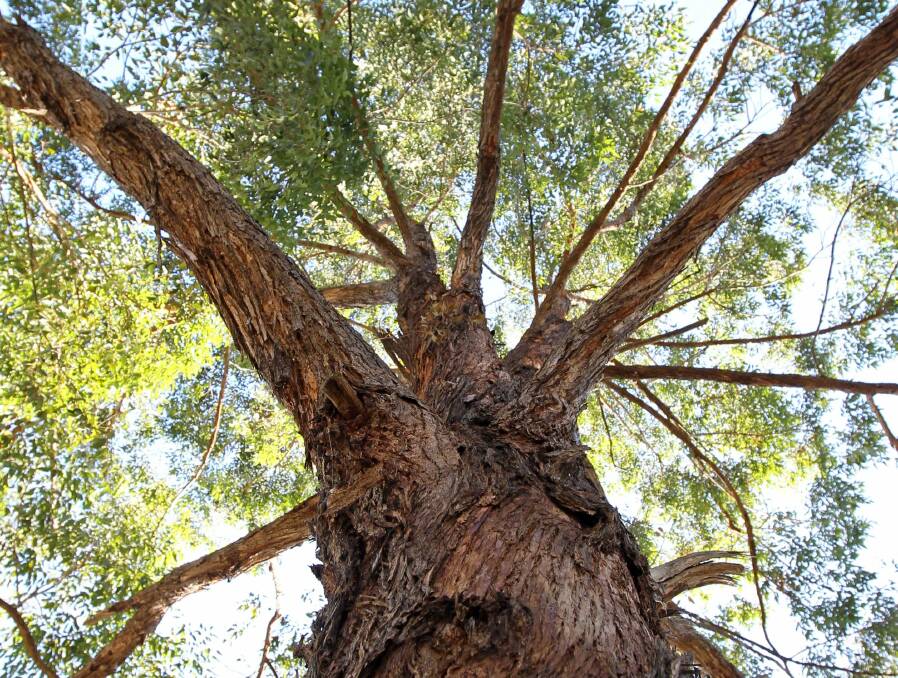The UK's soils could be absorbing an extra six to 30 million tonnes of carbon dioxide per year - thanks to a bit of rock dust.
According to a study published in Nature Geoscience, the old technique of enhanced rock weathering could provide for nearly half of the United Kingdom's carbon removal requirements and improve agricultural soils in the process.
It would also be an attractively priced method of carbon dioxide removal: sitting at about £200 ($A350) per tonne of CO2 for now, and likely to fall by 2050. This makes it one of the cheaper negative-emissions technologies.
IN OTHER NEWS:
Enhanced rock weathering, or basalt weathering, involves scattering crushed rocks across agricultural soils. The rocks must be silicates, with lots of calcium and magnesium in them.
This process makes soil more alkaline - and thus, more likely to react with carbon dioxide in the air, turning it into carbonates and keeping it out of the atmosphere. The method can also reduce the amount of nitrous oxide (another greenhouse gas), and reverse soil acidification. This has the added advantage of lowering farmers' reliance on fertilisers.
According to the researchers' modelling, widespread enhanced rock weathering across UK farms could remove 6-30 million tonnes of CO2 each year, up to 2050. The UK currently emits about 300 million tonnes of CO2 each year, so this is a significant chunk.
In fact, the researchers say that enhanced rock weathering could account for 45% of the UK's carbon removal budget (that is, the amount of carbon dioxide that needs to be removed from the atmosphere to meet a net zero emissions target, assuming some processes are always going to cause some emissions).
And, unlike some other forms of carbon dioxide removal, the technology relies on existing infrastructure and processes. While it takes energy and money to mine the rocks and mill them into dust, the researchers found that the savings made in fertilisers and agricultural productivity account for this.

In fact, according to the paper, the main catch is getting communities to accept the method. This venture would require participation from the national government, right down to individual farmers.
"Meeting our net zero targets will need widespread changes to the way UK agriculture and land is managed," says co-author Professor Nick Pidgeon, director of the Understanding Risk Group at Cardiff University, UK.
"For this transformation to succeed we will need to fully engage rural communities and farmers in this important journey."
Professor Budiman Minasny, a researcher in soil-landscape modelling at the University of Sydney who was not involved with the study, says that enhanced rock weathering is an "attractive" and "long-advocated" method.
But he thinks it's a less viable option for Australia - and there are some other logistical and environmental factors to consider, even for the UK.
"The weathering process is very slow, especially in arid areas, and thus the effect might not be as rapid as (has) been simulated," says Minasny.
"While there are some potentials in highly weathered soils in Australia, applying crushed basalt is not a practicable thing to do in Australia, where soil carbon sequestration has much more potential."
He points out that getting the rock from mine to farm is not necessarily a smooth process, either. In a previous study, the researchers estimated this project would need around 40 tonnes of rock dust per hectare per year.
"Practically there are lots of challenges, on the feasibility and other environmental effects - e.g., where to source and finely grind that large amount of rock and how to transport them and apply that amount," says Minasny.
He adds that if insufficiently mixed, rock dust and soil can cause dust pollution. The rocks, meanwhile, could also contain toxic metals which could leach into soil and waterways. Authorities would need to be careful about the rock dust's contents.
- Published in partnership with The Royal Institution of Australia's Cosmos Magazine. See cosmosmagazine.com.

